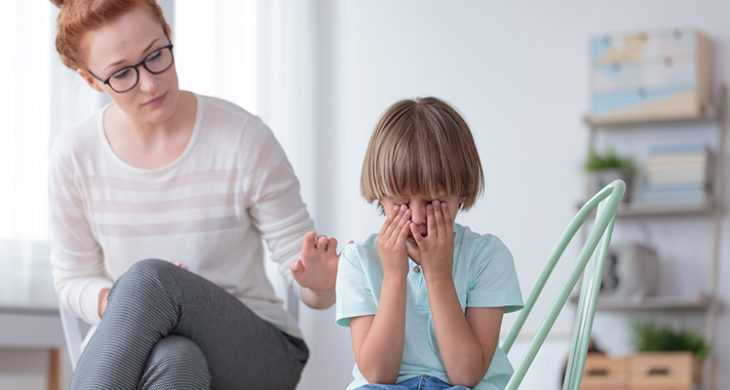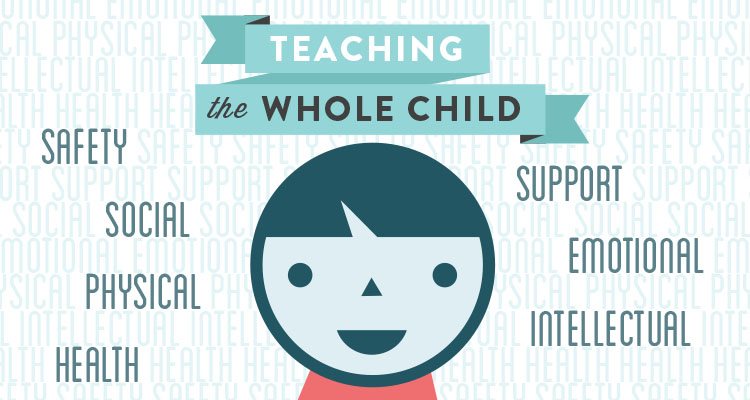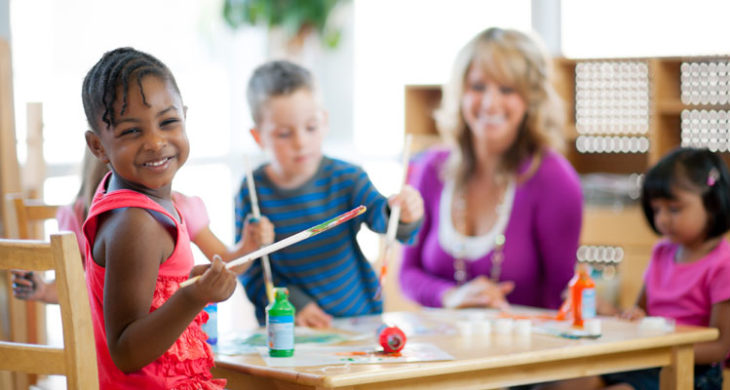For kids to learn, it’s imperative that they’re able to concentrate. Unfortunately, many classrooms are far from serene and peaceful. They’re often noisy and disruptive. Noise can be distracting for anyone, but a new study found that children may have a harder time listening and understanding what they hear if there are other noises in the room. The study in the Journal of Neuroscience concludes that young children are still developing the ability to track and follow a specific speech stream in a noisy environment.
About the Study
Researchers evaluated 20 6- to 9-year-olds and 20 21- to 40-year-olds in a “cocktail-party” auditory scene. As the background noise occurred, the subjects were read four different five-minute stories. Using magnetoencephalography, a non-invasive test that maps brain activity, researchers analyzed how well the subjects were able to understand speech in the noisy “multi-talker” environment.
Children and adults both showed activity in the brain’s auditory cortex—the part of the brain that processes sounds and that tracked the speech of the person reading the stories. Children, however, did much worse than adults when it came to distinguishing syllables. The children struggled significantly more than adults to follow the speaker’s words as voices in the background became increasingly louder. The ability to concentrate in a noisy environment, the researchers conclude, is a skill that matures in later adolescence. In other words, from a neurological standpoint, it’s harder for kids to learn in a noisy environment.
The Importance of Quiet Classrooms
When your child’s teacher repeatedly asks students to be quiet and stop talking, it’s not only for his or her sanity. It’s because young students need quiet in order to learn. Ideally, a classroom should be calm and a teacher should be very deliberate in his or her speech and pronunciation.
How to Help Students Struggling with a Noisy Classroom
If your child complains about noise or being unable to hear the teacher, you may first want to have his or her hearing evaluated just to make sure that’s not the problem. Many schools perform this service for free upon request. If a hearing deficiency is not the problem, discuss your concerns with your child’s teacher. If your child is struggling with noise, it’s likely that other students are struggling, too.
A first step in this conversation may be to share this research study with the teacher. He or she may not be aware that kids’ brains are not developed enough to concentrate in a noisy environment. Your child’s teacher wants his or her students to succeed and learn and should be more than willing to make changes to reduce the noise level as much as possible to help them succeed.
There may be simple changes the teacher could make to alleviate noise such as adding rugs, pillows, and other sound-absorbing items; closing the door during instruction time; rearranging students’ seating to discourage talking; and implementing a system that somehow rewards the class for being quiet during instruction. Additionally, volume-measuring apps are helpful in determining the volume in the classroom. These apps can visually alert teachers that the noise level is increasing, so they can redirect kids and bring the volume down.
You can also consider sending your child to school with noise-canceling headphones that may muffle the ambient classroom sounds while allowing your student to still hear the teacher; make sure to discuss with the teacher first.
If you and your child are bothered by the noise level of the classroom, or any other issues with the school environment, consider enrolling them in a virtual school where they can learn in the comfort and convenience of a home environment, or wherever an internet connection is available. Visit K12.com for more information and to find a virtual school in your area.
,










